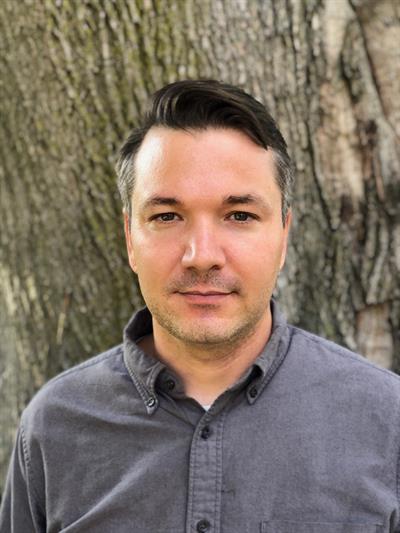
Alex Blanchette

Research/Areas of Interest
Capitalism; Labor; Environment; Animals; Agriculture; Ethnography; Ordinary life
My research revolves around conditions of industrial labor and life in the post-industrial United States. My first book, Porkopolis: American Animality, Standardized Life, and the Factory Farm (Duke University Press 2020), is an ethnography of work within some of the world's largest meat corporations, one that follows the making of the modern pig across every facet of its existence from genetics to 1,100 post-death commodities. It examines the transformations to human existence — in terms of living arrangements, the value of labor, biological embodiment, and senses of identity — necessary to sustain contemporary qualities and quantities of industrial animal life in the rural United States. In collaboration with others, I have also published an edited book called How Nature Works: Rethinking Labor on a Troubled Planet (SAR Press 2019) that surveys how transformed, unstable, and ruined environments are altering the value of human work and livelihood.
I am currently working on a series of connected projects. The first deals with the politics of quitting meatpacking. While American slaughterhouses have long had notoriously high turnover rates, there is little focused research on why or how diverse people manage to refuse work in these sites. Rooted in ethnographic interviews with ex-workers from across the country, this book project asks whether and how quitters might emerge as a force for social transformation. The second project, developed with colleagues at Tufts, looks both critically and constructively at how university knowledge has helped create inequitable ecologies and agricultures. Funded by the Mellon Foundation, this three-year project brings together humanists, artists, and workers to explore other ecological visions and values that our campuses could nurture. It is particularly concerned with the question of what kinds of research and collaboration could better advance workers' interests and goals. The third long-term project begins with the closing of Chicago's Union Stock Yards in 1971. This book will explore how a wide range of people struggle to redeem, remake, and overcome the social legacies and ecological remains of those infamous meatpacking yards that generated facets of industrial capitalism as it still exists it today.
At Tufts University, I teach a wide range of classes on environment, capitalism, labor politics, value beyond work, interspecies relations, food production, ethnography, and the rural United States.
Education
- PhD, Cultural Anthropology, University of Chicago, Chicago, United States, 2013
- MA, Cultural Anthropology, University of Chicago, Chicago, United States, 2008
- BA, Anthropology, University of Toronto, Toronto, Canada, 2004